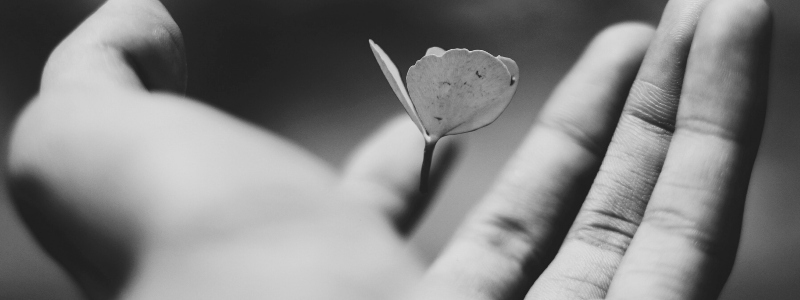(Adapted from a presentation given at the SEA conference November 2022) – (Part one)
Anne Carson (1998) wrote,
“‘Now’ is a gift from the gods and an access onto reality. To address yourself to the moment when Eros glances into your life and to grasp what is happening in your soul at that moment is to begin to understand how to live.” (p.153).
Was it Merleau-Ponty (2012) who showed us that, without you, I do not know who I am. I cannot see the back of my head. I need you, the other, to tell me so I can build a picture of it. Yes, it seems we are made in the social. But that means there will be ruptures too. Losses and suffering will prevail without our control. Can we transform in them? Do I need your help for that too?
Sal Renshaw (2009) describes the relation between self and other as a continual movement intrinsic to our becoming. Not only does the relation between self and other reveal the movement of becoming. It also signifies the impossibility and impermanence of the unified subject or absolute being. Encountering self and other reveals difference, perceived “somewhere in the space between that which returns to us that which we recognize as the same, and that which escapes us” (Ibid, p. 2).
Sometimes difference is felt as a conflict, sometimes as a threat, sometimes as an interest and an opportunity. But difference can be, and is, an opening into our becoming.
It may entail a complex exploration: maintaining positive regard for the other without being implicated in a kind of sacrificial logic rooted in Christian morality and its derivatives and without being caught in the web of patriarchal narratives. As Renshaw states (2009) writers such as Helene Cixous inform us of the extent to which “women have traditionally borne the brunt of sacrificial logic in a patriarchal structure” (p. 7).
How can we hold a space for a version of selflessness that is generous, alive, affirmative and does not fall into self-abnegation? A difficult task, no doubt. But an important one: “loving the other as other, allowing them and oneself to be born into the present in love” (Renshaw, 2009, p. 176). Perhaps they have forgotten or never knew that difference is the astonishing source of their love.
Isn’t there always more to the story, yes, more to come, more to become?
Is not life itself a movement of becoming …
Part two of this blog can be found here.
To enquire about psychotherapy sessions with Susanna, please contact her here, or to view our full clinical team, please click here.
Susanna Petitpierre, UKCP accredited, is an experienced psychotherapeutic counsellor, providing long and short term counselling. Her approach is primarily grounded in existential therapy and she works with individuals. Susanna is available at our Brighton and Hove Practice.
Further reading by Susanna Petitpierre –
On living as becoming (part two)
On living as becoming (part one)
Some thoughts on becoming (part two)

Leave a Reply